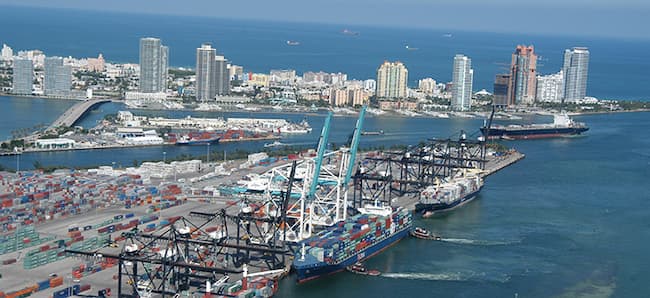Between 2011 and 2022, the Nigerian Ports Authority deposited N490.229 billion into the Federal Government’s Consolidated Revenue Fund.
NPA’s Managing Director, Mohammed Bello-Koko, told media at the agency’s main office in Marina, Lagos, over the weekend that NPA remitted N92.967 billion in 2022 alone. He stated that the 2022 remittance includes N28.3 billion deposited as the ending balance of audited reconciled financial years from 2019 to 2022.
He further stated that during the first half of 2022, the country reported 1,992 ships calling at the Apapa, TinCan Island, Rivers, Onne, Calabar, and Delta ports, with a total gross registered tonnage of 60, 235, 133.
According to Bello-Koko, 4100 ships called at Apapa, TinCan Island, Rivers, Onne, Calabar, and Delta ports in the 2021 period under review, representing a 2,108 decrease in the number of ships that stopped at the nation. He went on to say that the overall GRT in 2021 would be 125, 125, and 7.
The statistic revealed a 107 percent fall in tonnage during the time under examination in 2021 and 2022, as well as a 105 percent decrease in ships that called in the country during the period under consideration.
“On the cargo throughput, we have, 38, 672, 392 cargoes that came into the country through, Apapa, TinCan Island, Rivers, Onne, Calabar and Delta ports in the first half of 2022 while in 2021 within the period under review, we recorded 79, 915, 877 – a figure which shows 106 per cent decrease in cargo throughput within the period under review.”
“The performance of port activities depicts near-constancy of cargo traffic because the Nigerian Gross Domestic Product has not experienced a major shift post-recession of 2016. It is important to note that there is a correlation between the GDP and Port performance.”
The NPA boss, however, said that the agency intended to grow total throughput by five per cent annually – from 80.2m metric tons in 2019 to 100m metric tons -excluding crude oil by 2025.
“We also intend to increase the autonomy of the ports to stimulate inter-port competition. We also intend to reduce port cost by at least 30per cent, and reduction in turn-around time from an average of four to five days in 2019 to two days by 2025.”













